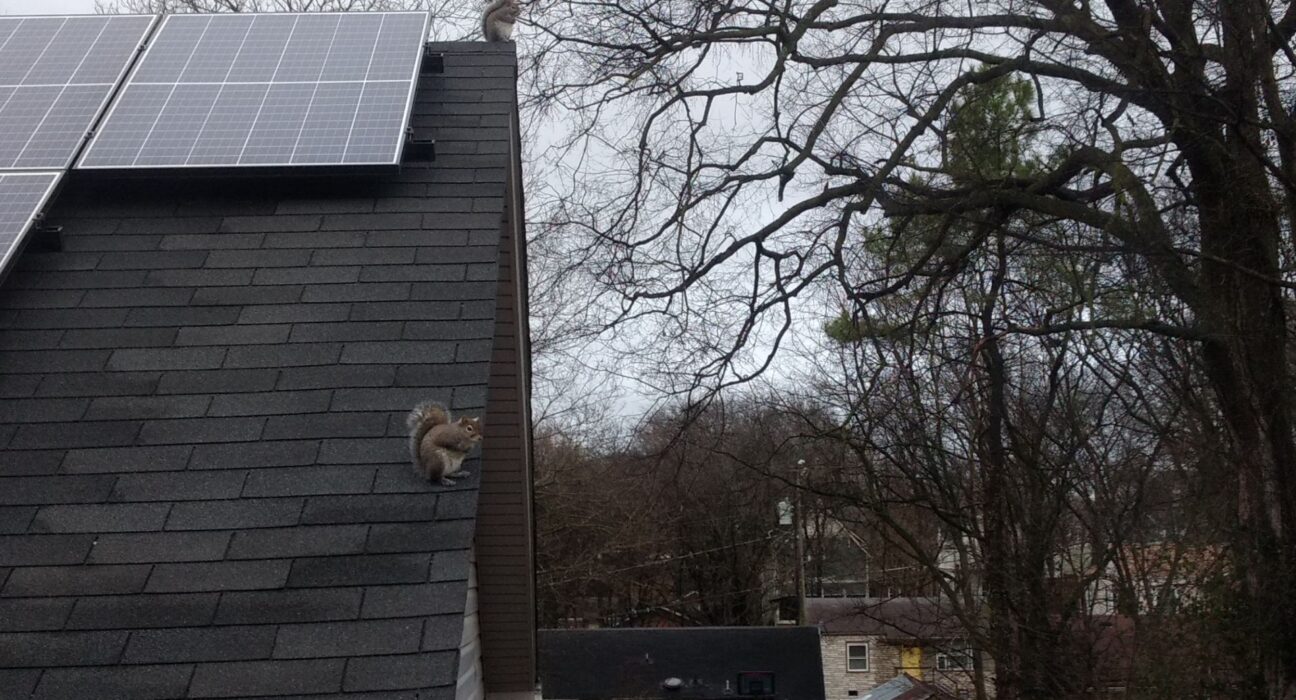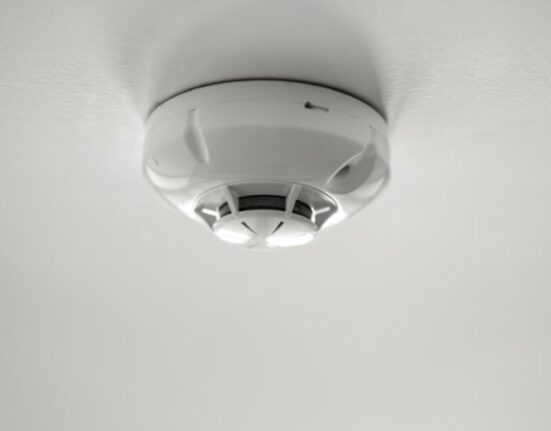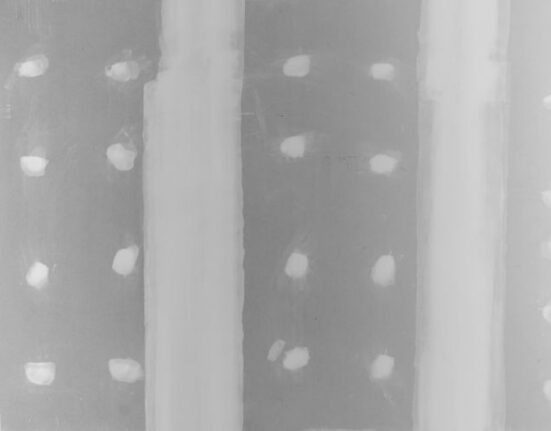Picture this: you’re walking onto your patio and closing the screen door behind you when you hear a rattling sound that you normally wouldn’t associate with a sliding door. You open and close it and hear the rattling again. Baffled, you step back, look up, and see a gutter guard pop off as a jittery squirrel emerges, surveys the landscape, and scurries up the roof.
We know about the damage that raccoons, those mischievous engines of destruction, can do to a home. Mice and rats have earned their reputations as well. But squirrels, bright-eyed and bushy-tailed, can wreak havoc as well. Let’s discover how squirrels can cause damage to your house—and how you can prevent them from doing so.
A Blight in the Attic
Squirrels are always on the lookout for someplace warm when the weather gets chilly. Your attic’s insulation offers the warmth they’re looking for—but you’re certainly not making the offer. Squirrels infiltrate attics through soffits, chimneys, and vents, not to mention anywhere else they can find a weak spot. Once they’re in, they’ll tear up your insulation to make a nest, a bed, and even a bathroom. This unwanted remodeling can affect your HVAC costs, weaken your ceilings, and lead to unwanted odors. A strategically placed garlic-vinegar solution around the attic can keep squirrels from finding your attic hospitable.
Parking Without a Permit
Though not as welcoming as the attic, your garage is also an appealing place for squirrels to take up residence. If you’ve stowed your patio furniture for the offseason, they could tear up cushions and gnaw on wood. If you keep blankets in your garage for covering delicate machinery or throwing the occasional picnic, squirrels will make them their own in no time. Keep squirrels and other rodents out of your garage by sealing your garage and setting traps for any squirrels that do get in.
Through the Wire
Like birds, squirrels have powerful nesting instincts. They’re determined to assemble homes from stray leaves, twigs, and straw. As squirrels adapt to suburban environments, they may mistake cables and wires for unusually hardy grass and try to bite some off. This can disconnect your cable or knock out your power. That’s bad for you, and if they chomp on a live wire, it’s even worse for the squirrel. Therefore, try to trim branches so wiring leading into your home isn’t accessible via trees.
Squirrels: Extremely on Lines
Squirrels don’t even have to gnaw through wires to pose problems to them. Overhead power lines are like squirrels’ rapid transit systems: they’re quick ways to zip around the neighborhood. But how can squirrels cause damage to your house just by scurrying? Unlike the birds who perch on lines, squirrels are no featherweights—their activity can weigh down power lines, causing them to droop and sag. These low-hanging wires can touch greenery or even the ground, which can cause fires or electrocution. Once again, well-trimmed trees can keep squirrels from hopping on.

















